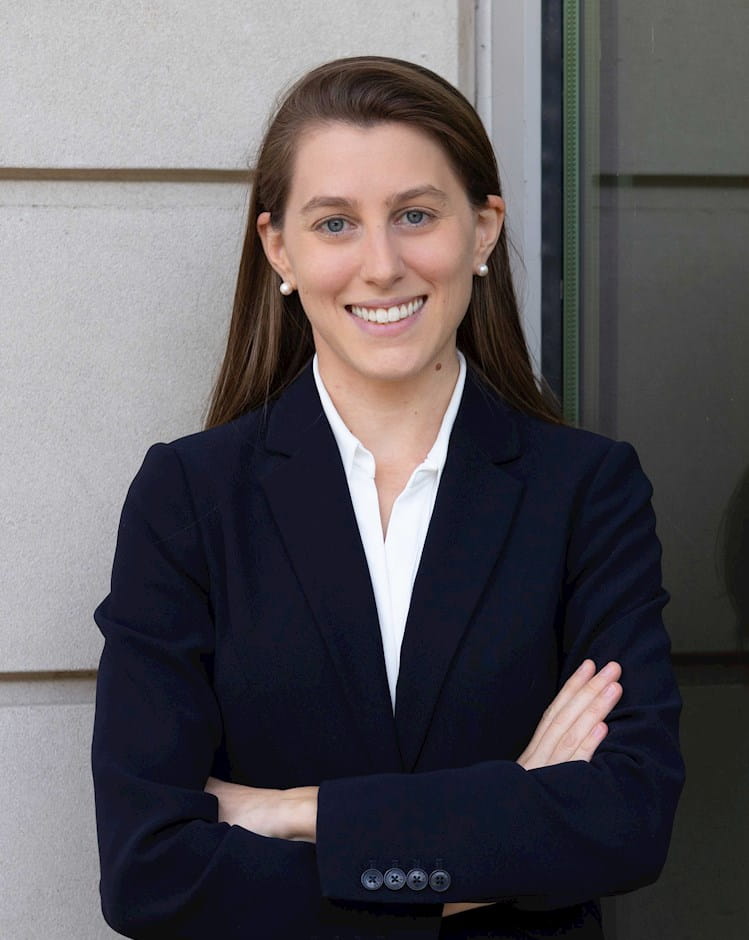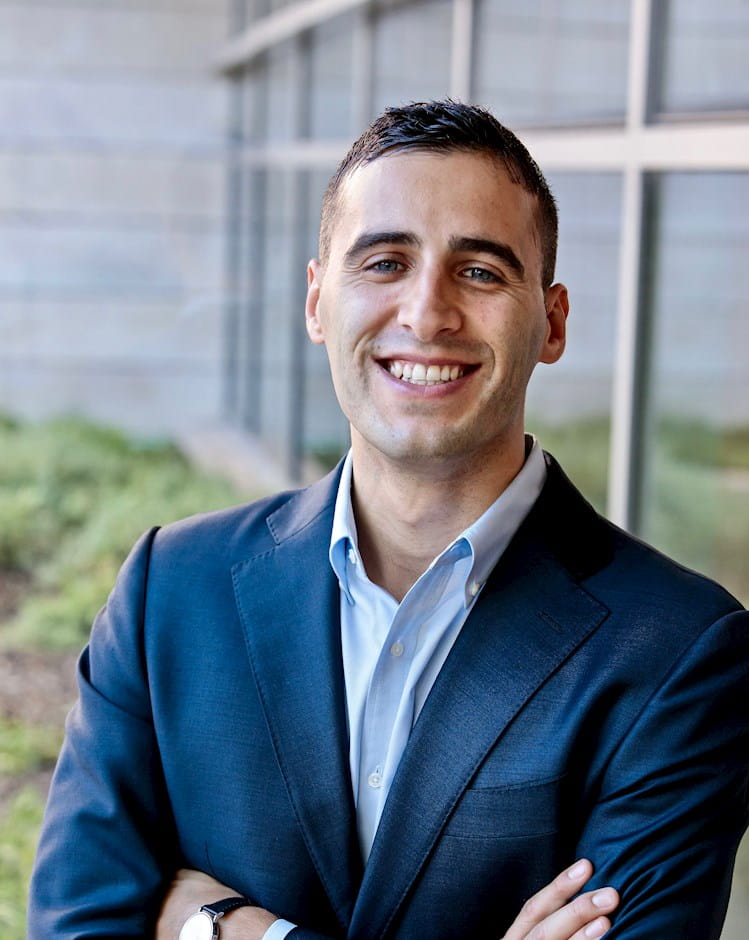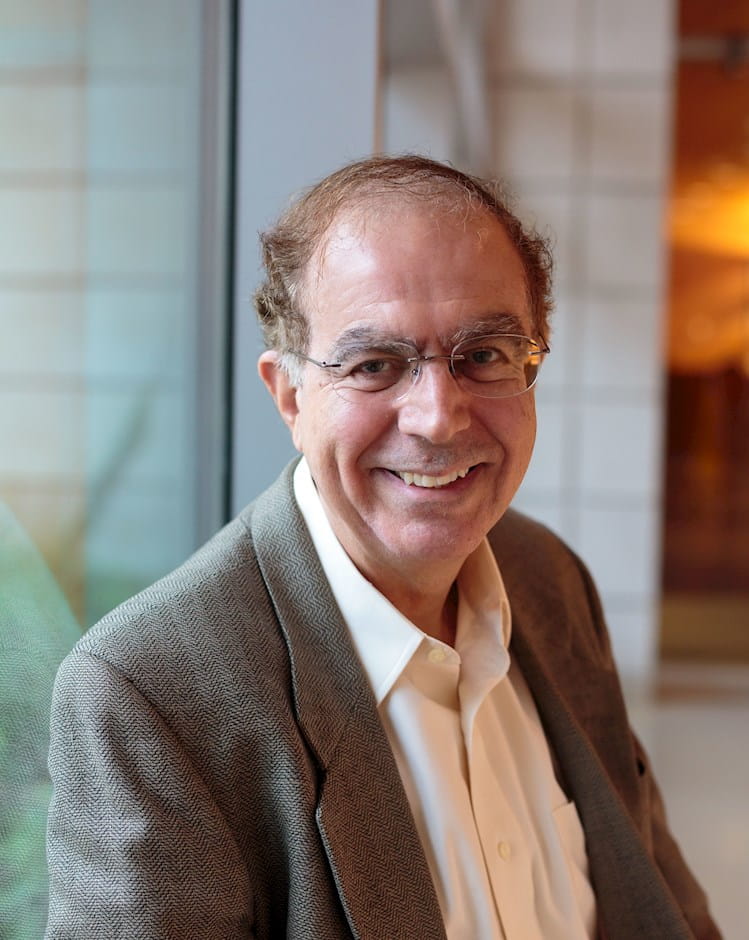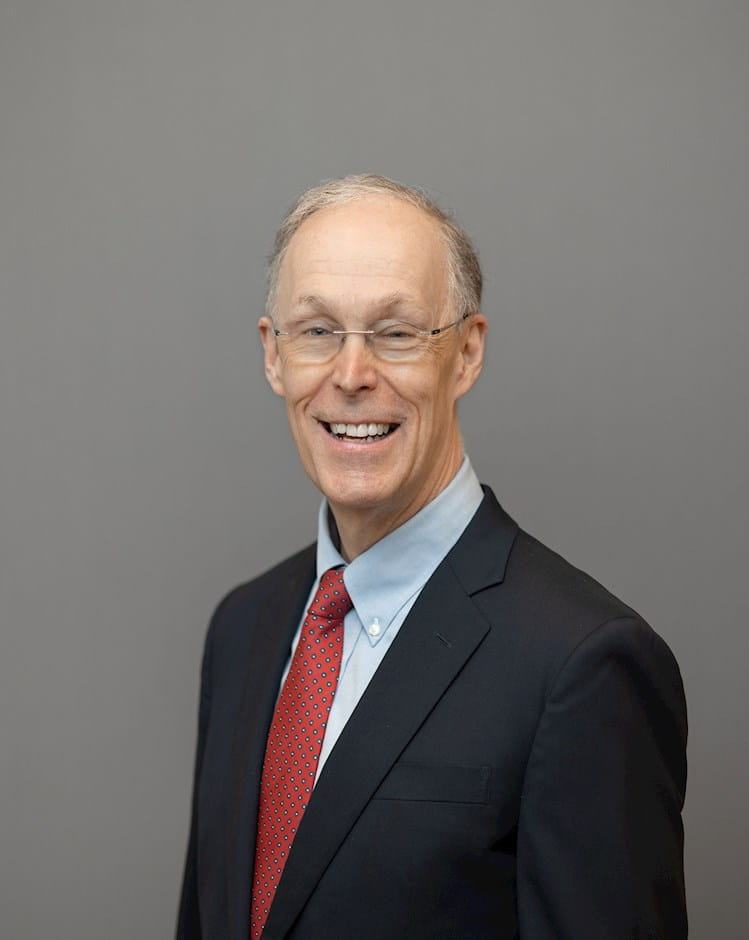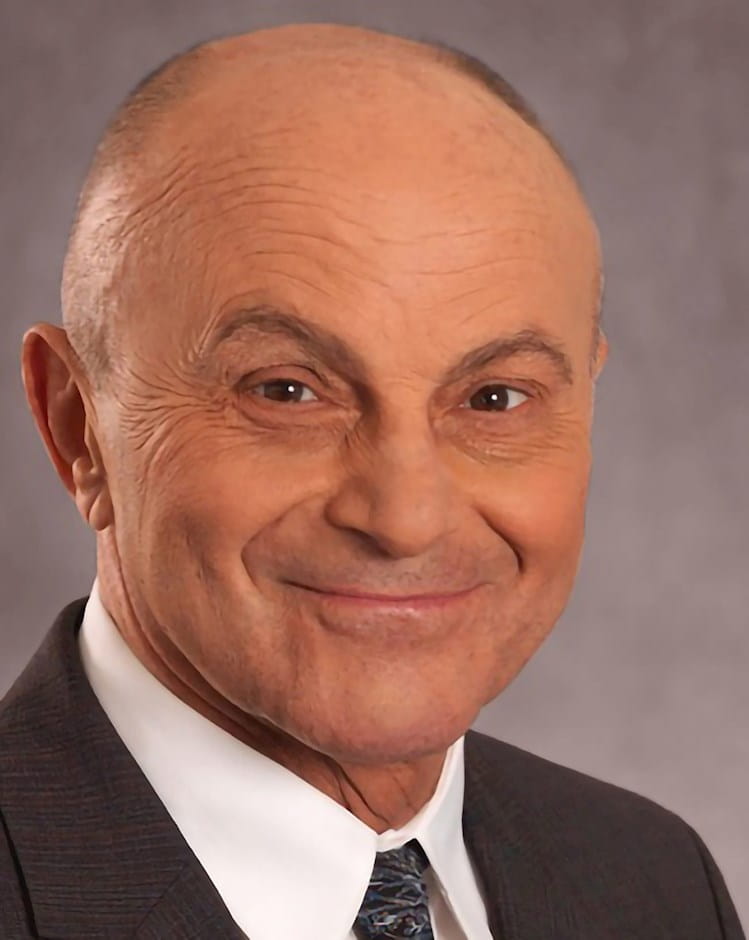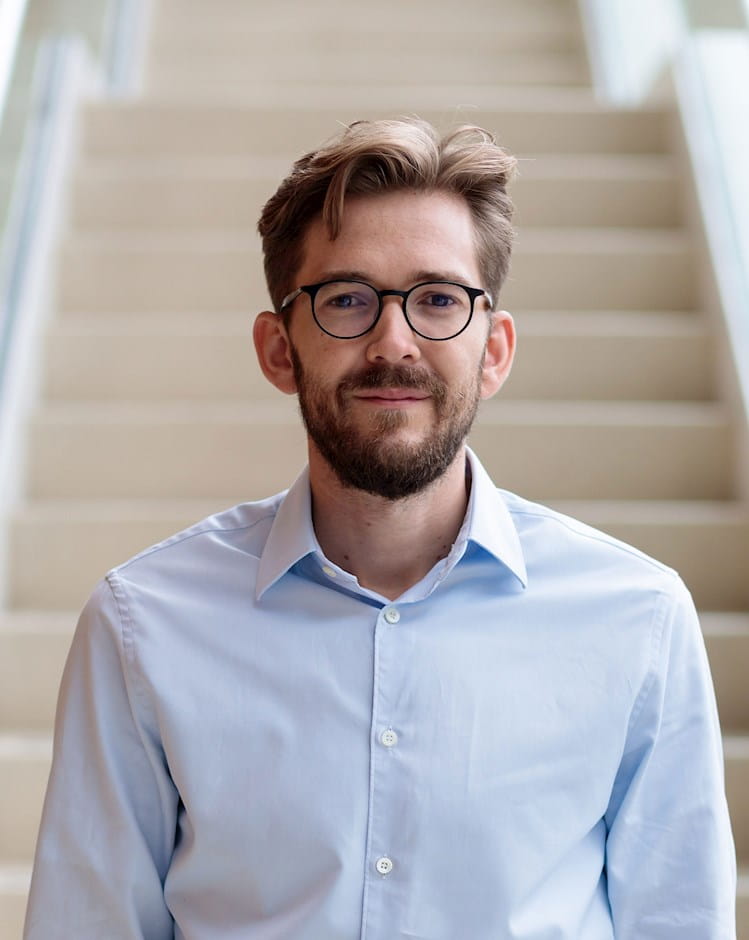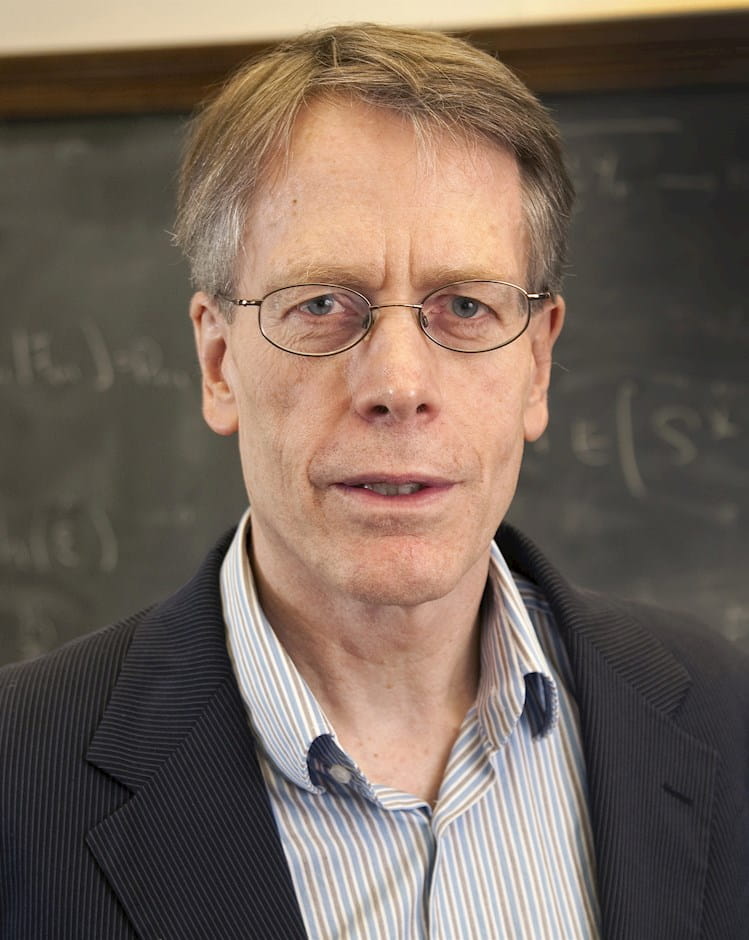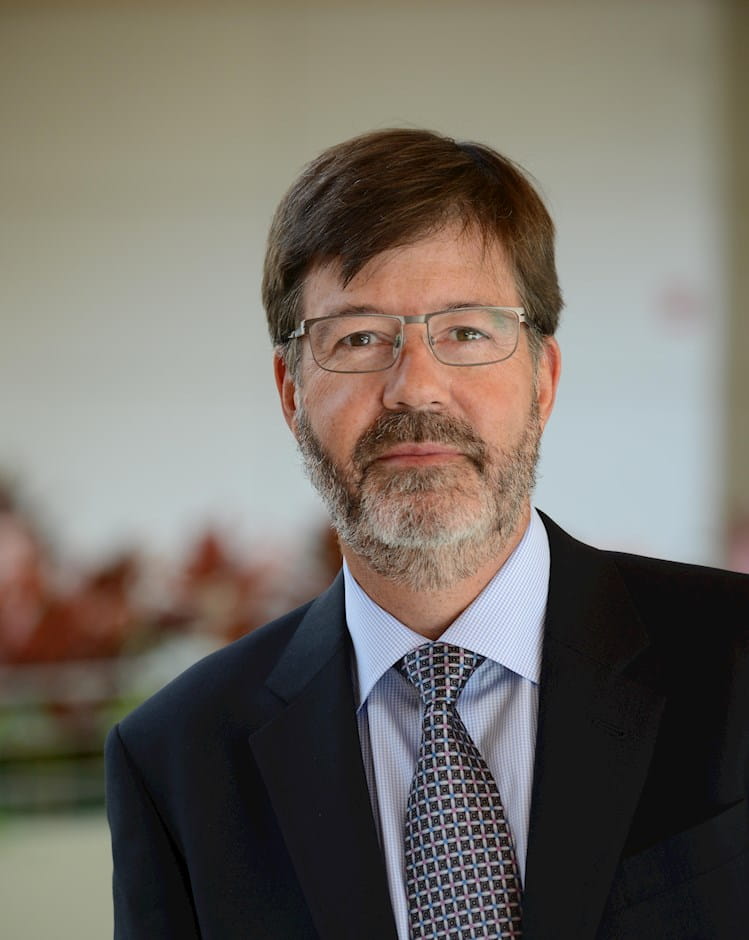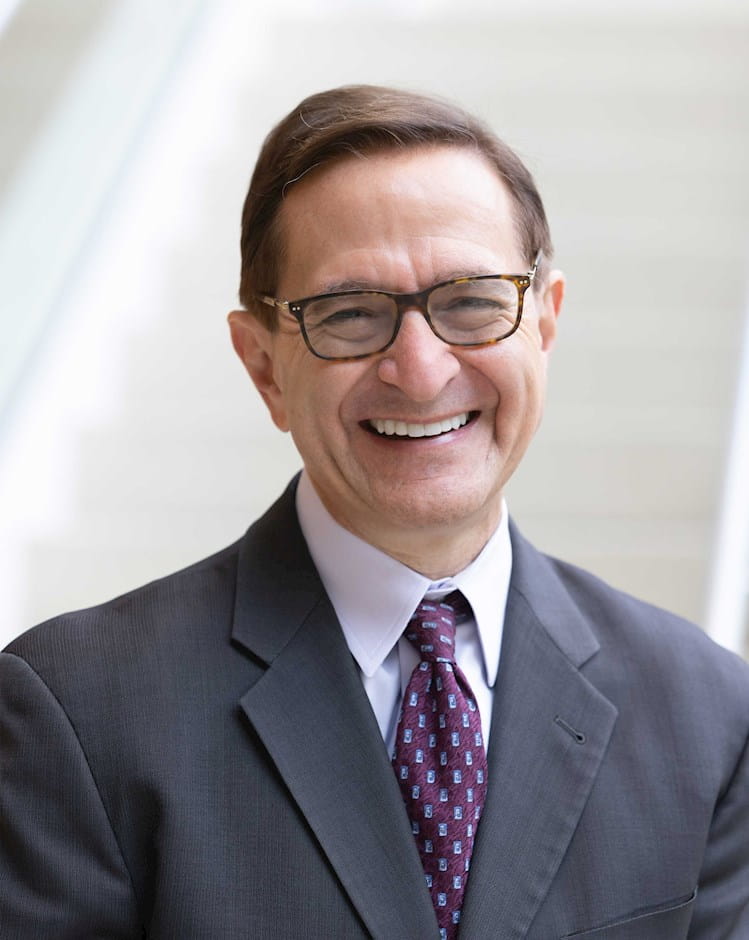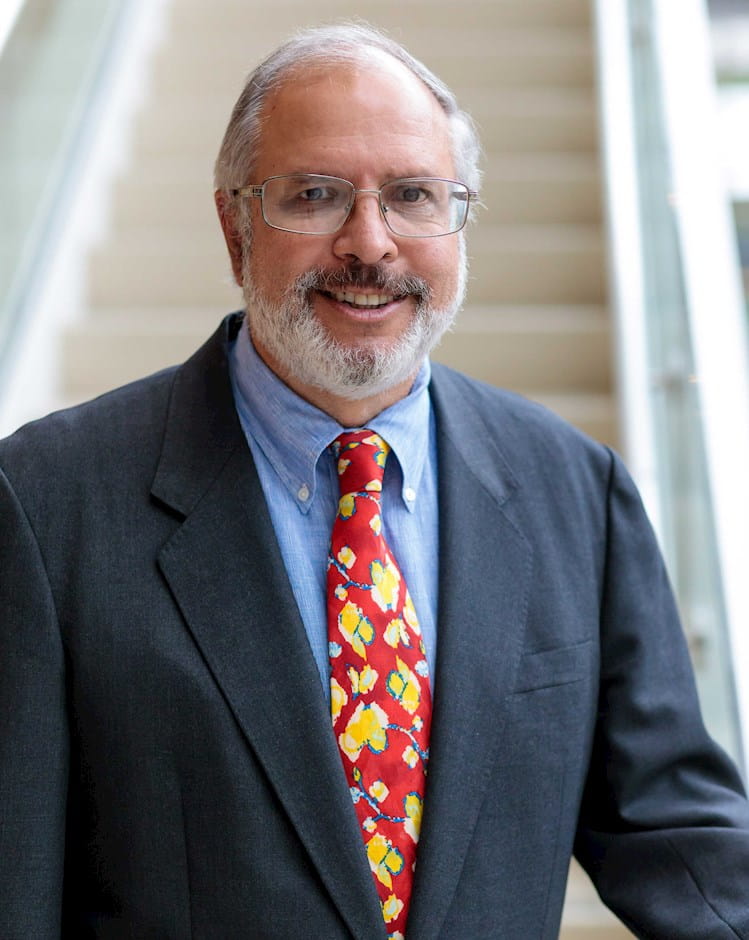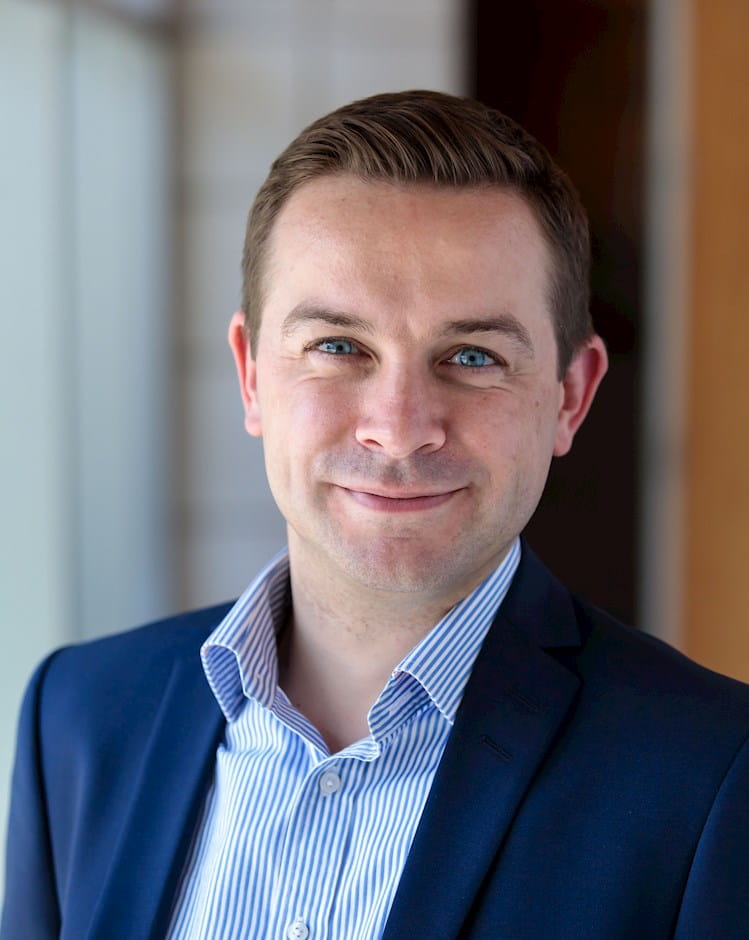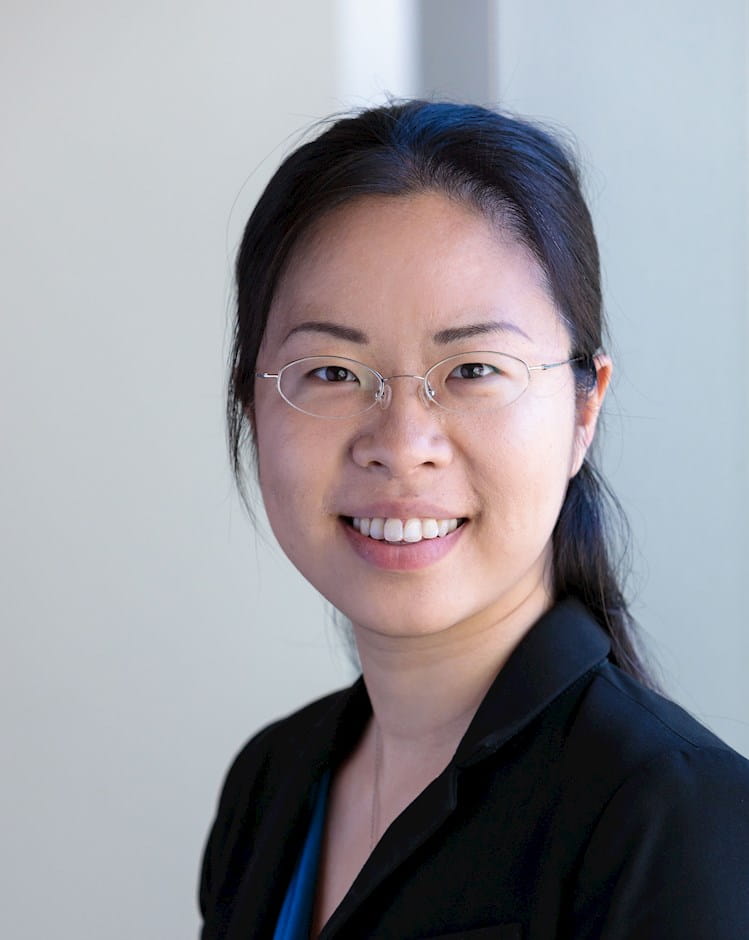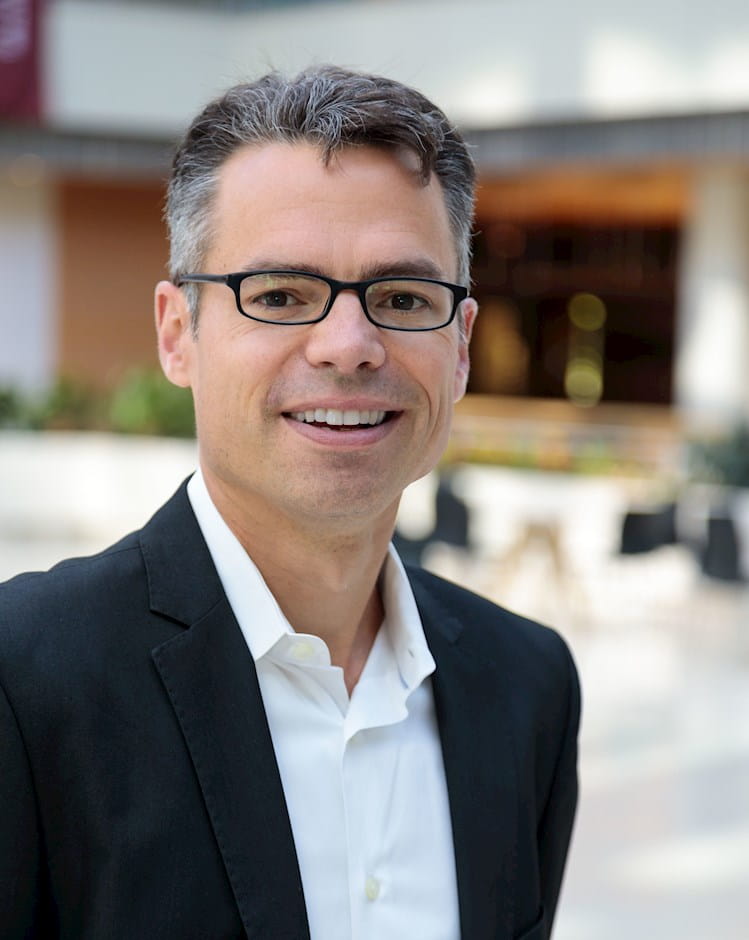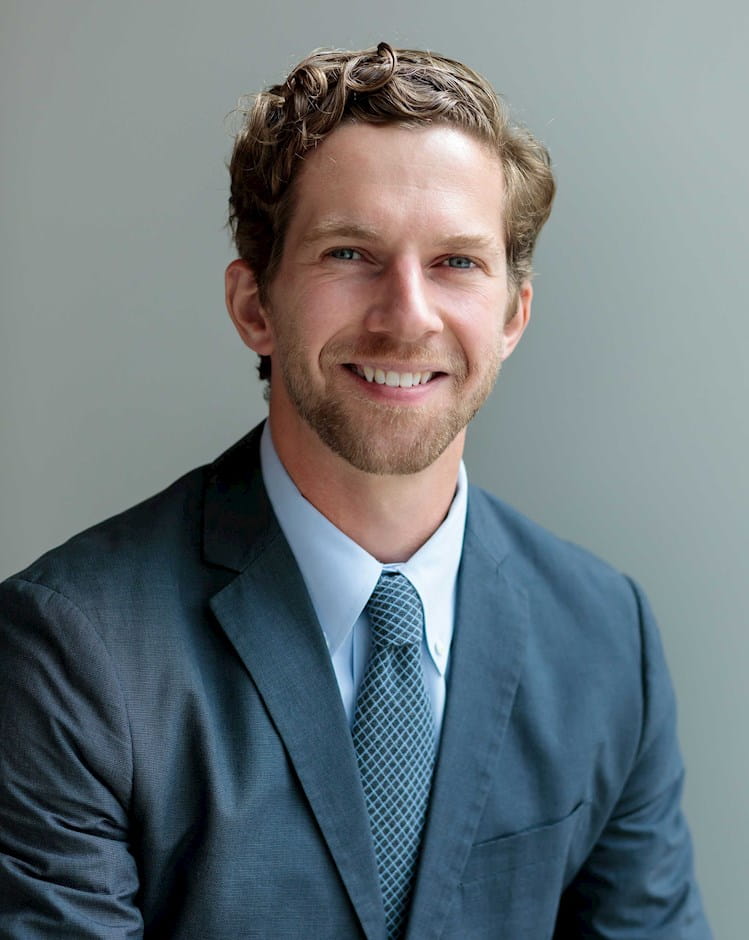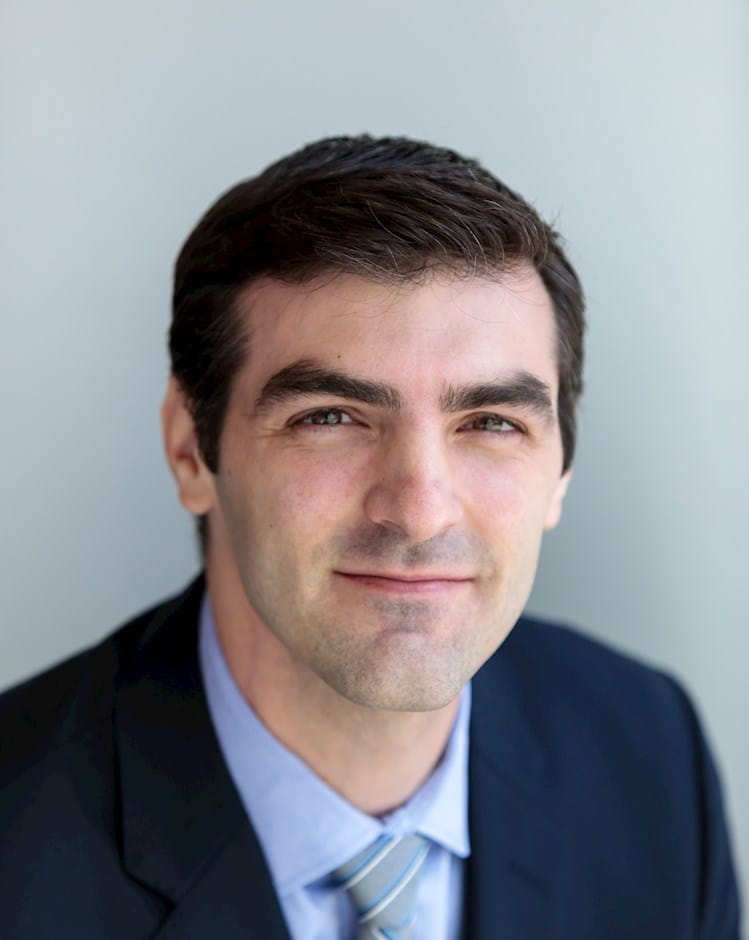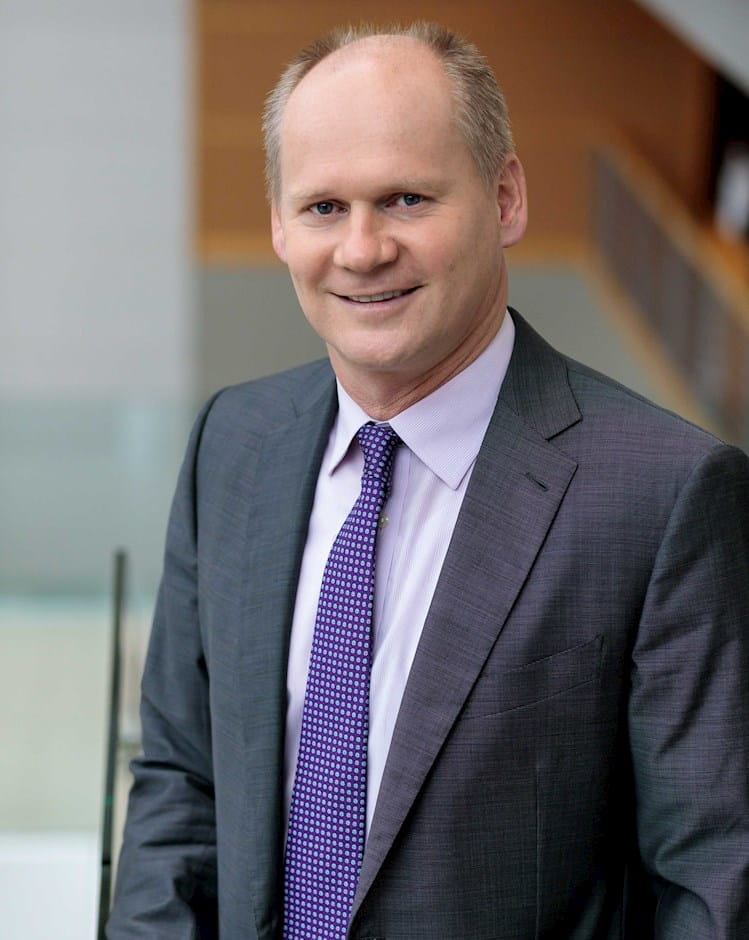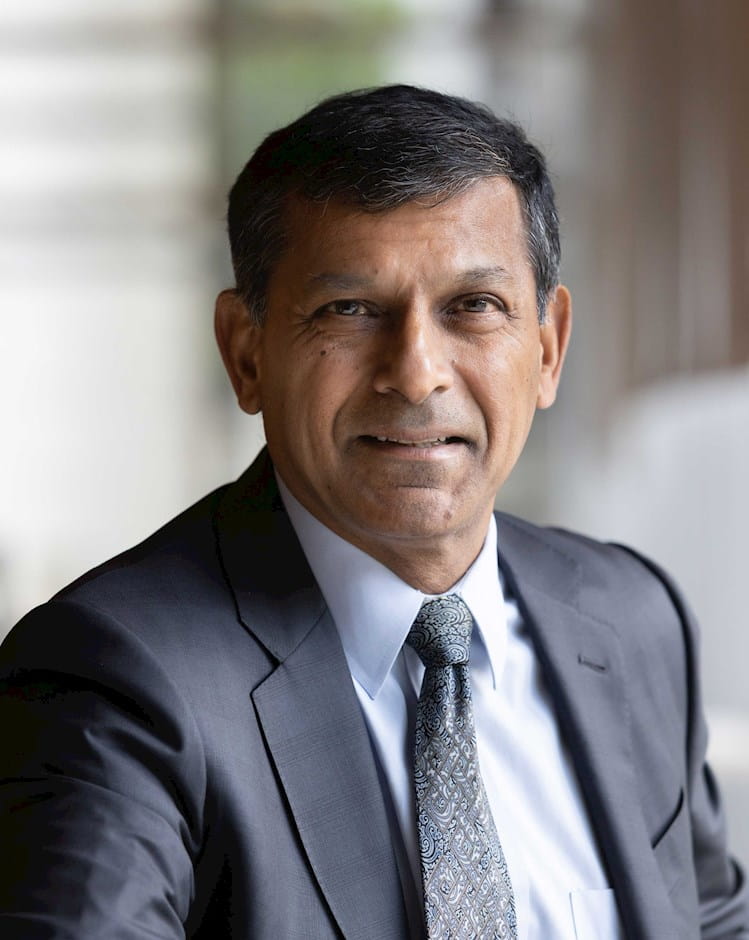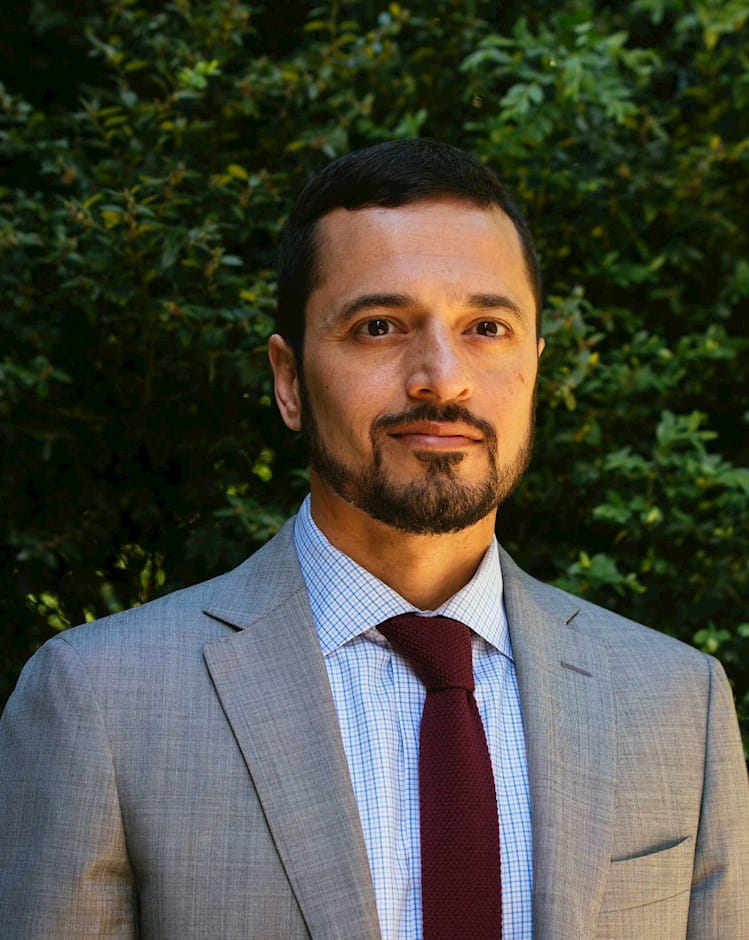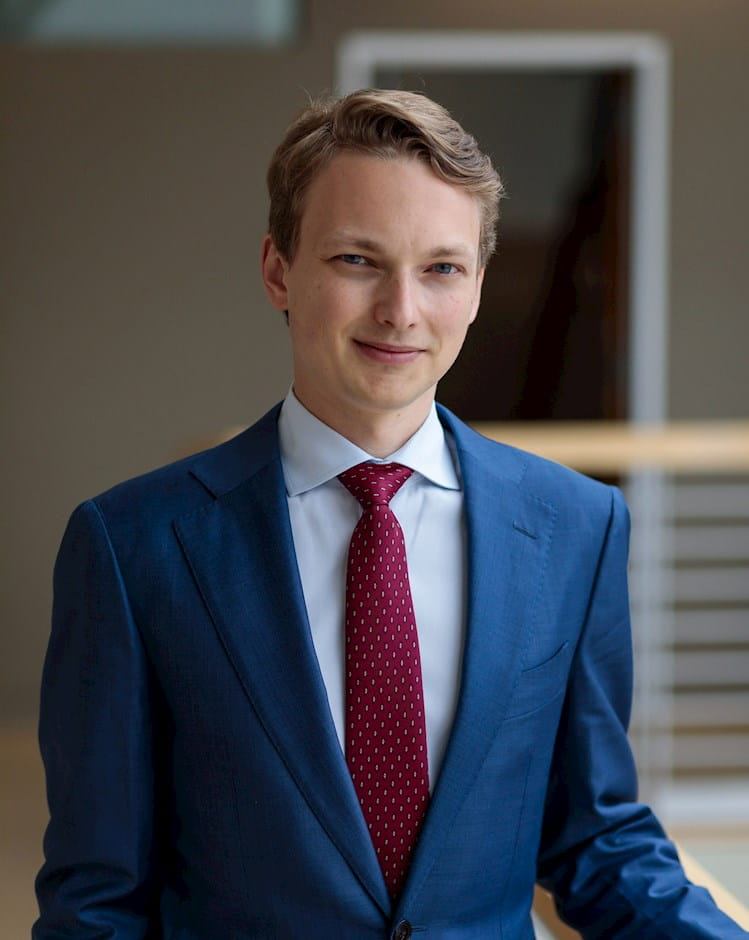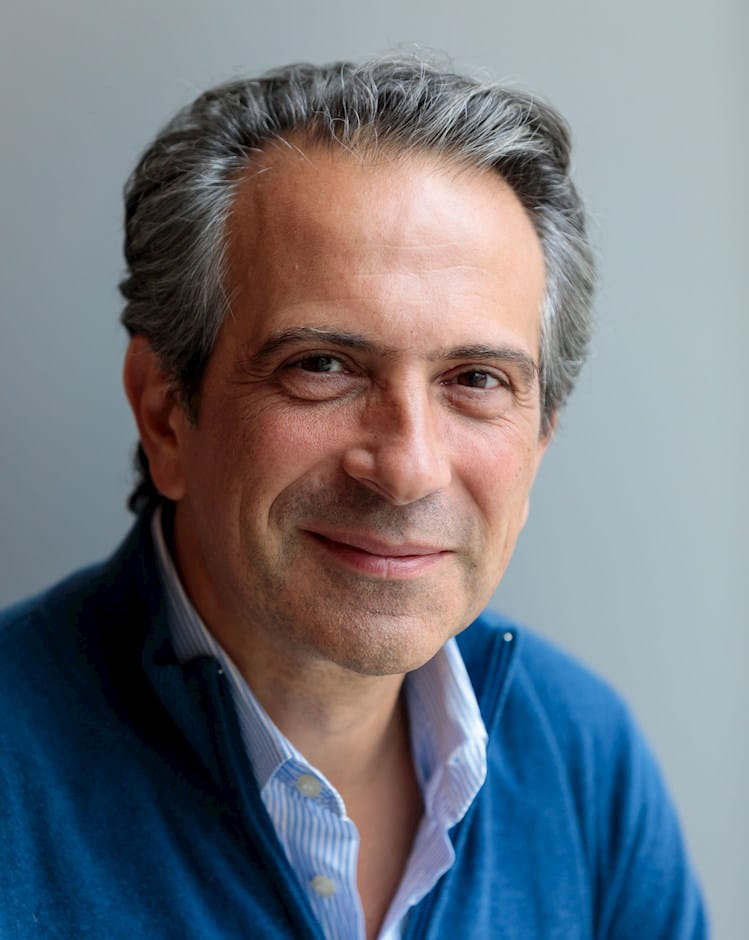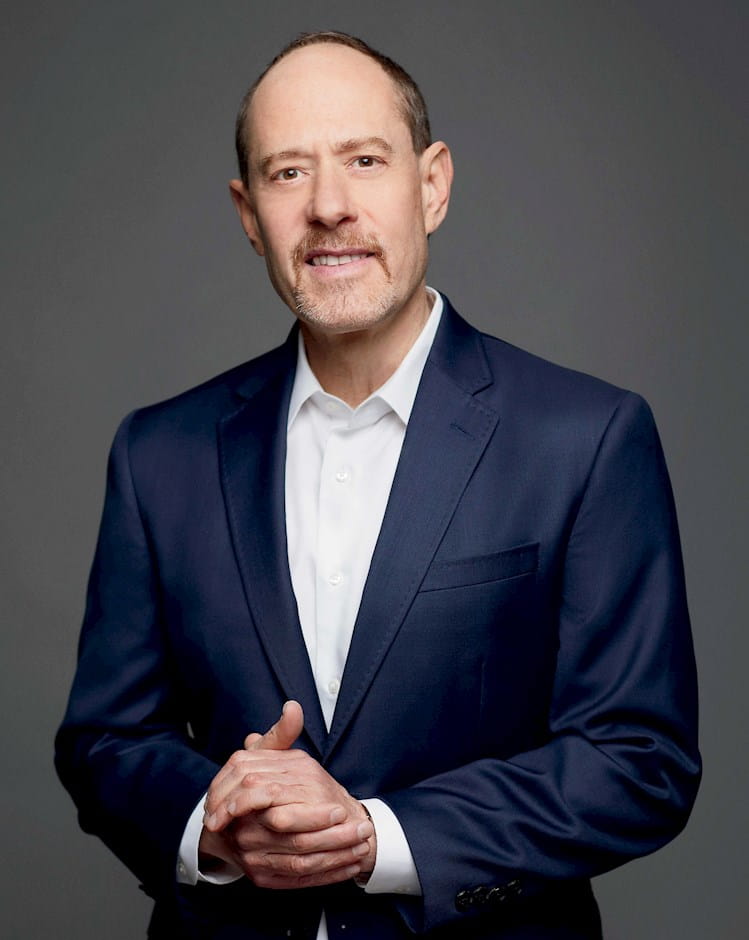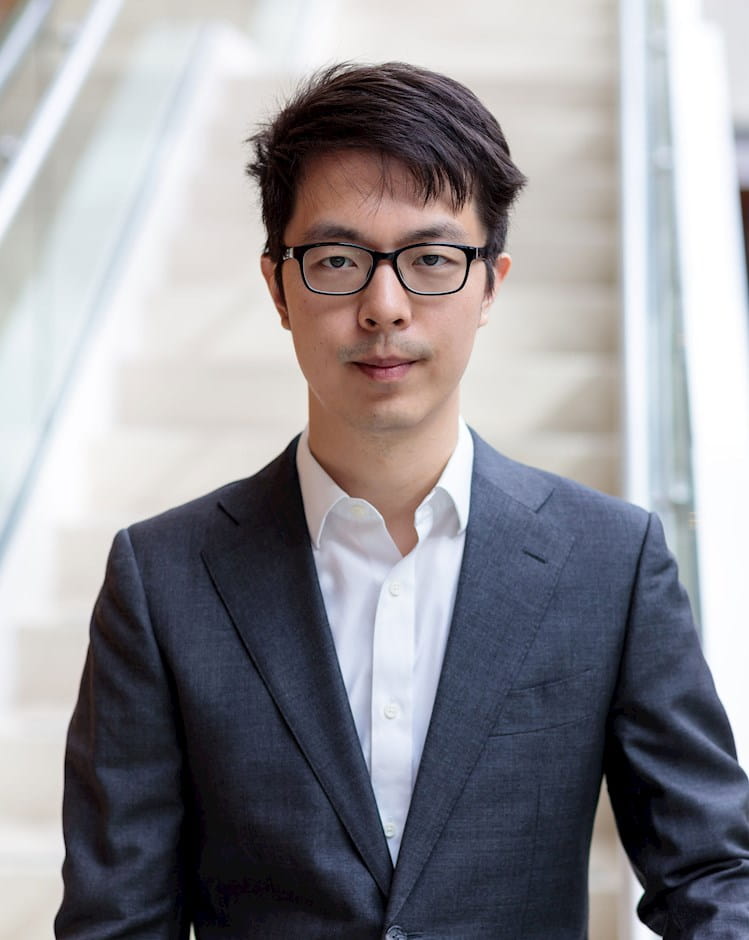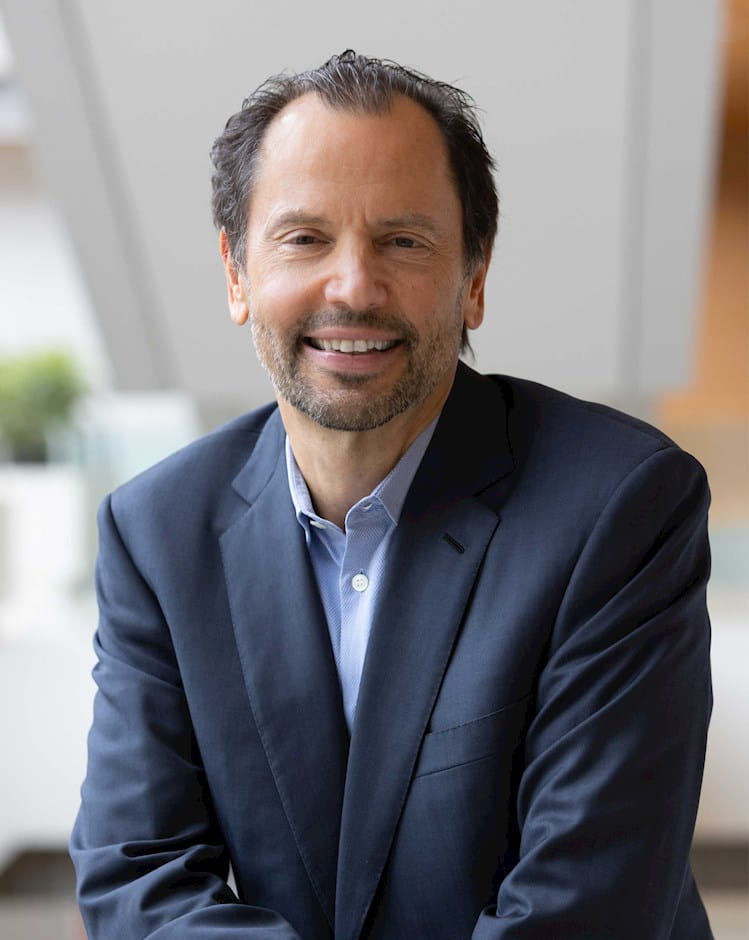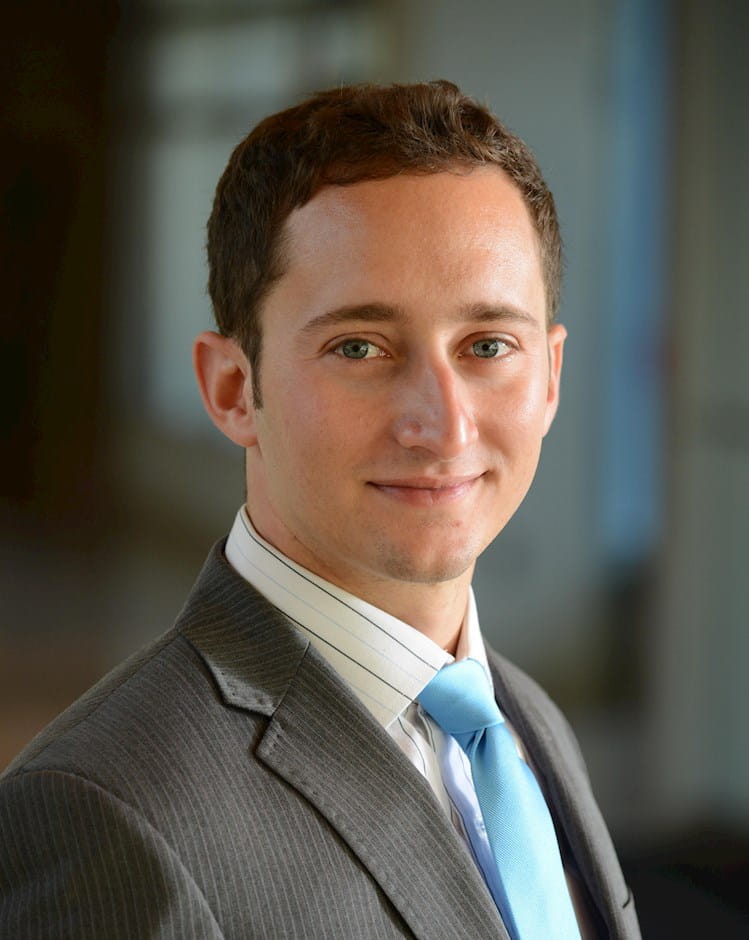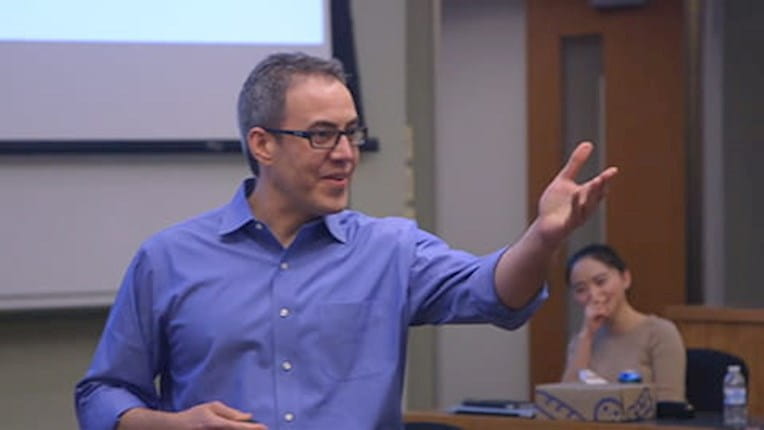
PhD in Finance

As a finance PhD student at Chicago Booth, you’ll join a community that encourages you to think independently.
Taking courses at Booth and in the university’s Kenneth C. Griffin Department of Economics, you will gain a solid foundation in all aspects of economics and finance--from the factors that determine asset prices to how firms and individuals make financial decisions.
Following your coursework, you will develop your research in close collaboration with faculty and your fellow students. Reading groups and workshops with faculty, student-led brown-bag seminars, and conferences provide many opportunities to learn from others.
The Finance PhD Program also offers the Joint Program in Financial Economics, which is run by Chicago Booth and the Department of Economics in the Division of the Social Sciences at the University of Chicago.
Our Distinguished Finance Faculty
Chicago Booth finance faculty are leading researchers who also build strong relationships with doctoral students, collaborate on new ideas, and connect students with powerful career opportunities.
Alumni Success
Graduates of the Stevens Doctoral Program go on to successful careers in prominent institutions of higher learning, leading financial institutions, government, and beyond.
Spotlight on Research
The pages of Chicago Booth Review regularly highlight the research findings of finance faculty and PhD students.
A Network of Support
Chicago Booth is home to several interdisciplinary research centers that offer funding for student work, host workshops and conferences, and foster a strong research community.
Fama-Miller Center for Research in Finance
Tasked with pushing the boundaries of research in finance, the Fama-Miller Center provides institutional structure and support for researchers in the field.
Becker Friedman Institute for Economics
Bringing together researchers from the entire Chicago economics community, the Becker Friedman Institute fosters novel insights on the world’s most difficult economic problems.
Center for Research in Security Prices
CRSP maintains one of the world’s largest and most comprehensive stock market databases. Since 1963, it has been a valued resource for businesses, government, and scholars.
Kent A. Clark Center for Global Markets
Enhancing the understanding of business and financial market globalization, the Clark Center positions Chicago Booth as a thought leader in the understanding of ever-changing markets and improves financial and economic decision-making around the world.
George J. Stigler Center for the Study of the Economy and the State
Dedicated to examining issues at the intersection of politics and the economy, the Stigler Center supports research by PhD students and others who are interested in the political, economic, and cultural obstacles to better working markets.
Rustandy Center for Social Sector Innovation
Committed to making the world more equitable and sustainable, the Rustandy Center works to solve complex social and environmental problems. The center’s student support includes fellowships, research funding, and networking opportunities.
The PhD Experience at Booth
For Itzhak Ben-David, PhD ’08, the PhD Program in Finance was an exploratory journey.
Current Finance Students
PhD students in finance study a wide range of topics, including the behavior and determinants of security prices, the financing and investment decisions of firms, corporate governance, and the management and regulation of financial institutions. They go on to careers at prestigious institutions, from Yale University to the International Monetary Fund.
Ching-Tse Chen
Natalia Corado
Isaac (Max) Gillet
Huan (Bianca) He
Jingyi Jia
Jessica Li
Edoardo Marchesi
Alexa Marciano
Lauren Mostrom
Meichen Qian
Francisco Ruela
Sean Tibay
Booth also offers joint degrees. Learn more about the current students in our Joint Program in Financial Economics.
Program Expectations and Requirements
The Stevens Doctoral Program at Chicago Booth is a full-time program. Students generally complete the majority of coursework and examination requirements within the first two years of studies and begin work on their dissertation during the third year.
For details, see General Examination Requirements by Area in the Stevens Program Guidebook below.
